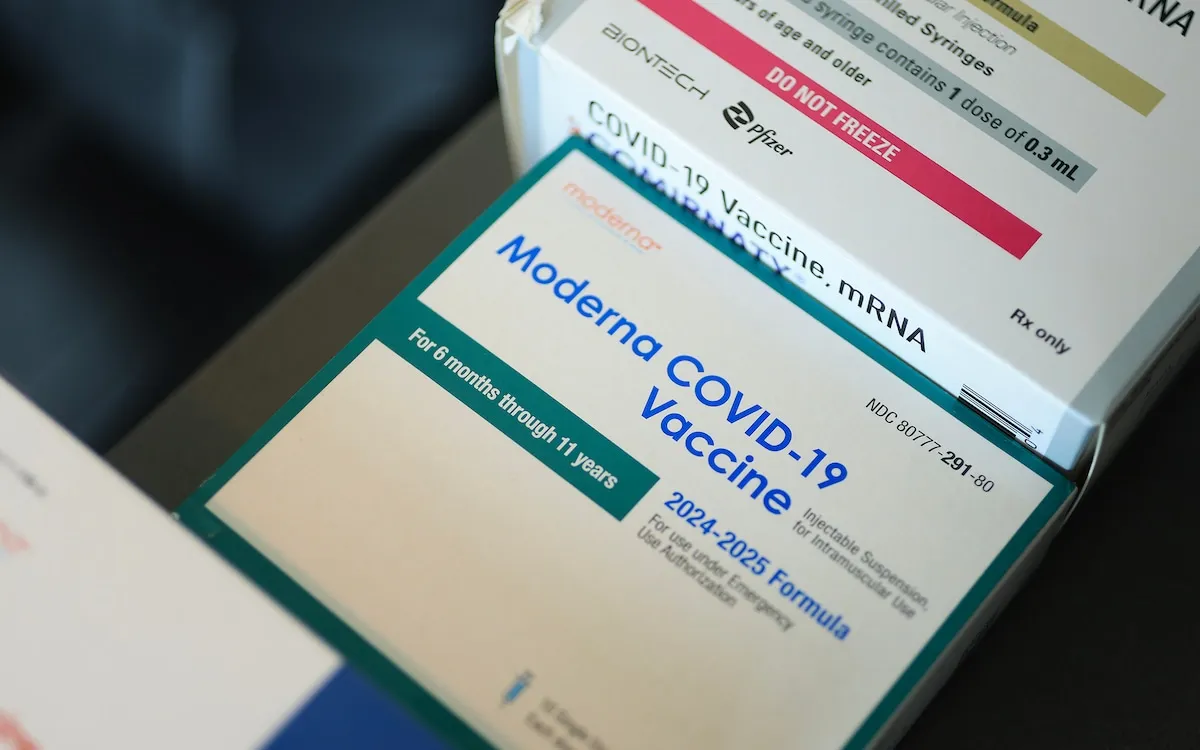
In Oregon, many residents, particularly older adults and those with pre-existing health conditions, are facing challenges in accessing the latest COVID-19 vaccine. Reports indicate that individuals trying to receive the vaccine at local pharmacies are being informed that a prescription is necessary. This situation has arisen due to a combination of delayed approvals from federal advisory councils and existing state policies that rely on federal guidance for vaccine administration.
The Food and Drug Administration (FDA) recently authorized updated COVID-19 vaccines, specifically targeting adults over 65 and younger individuals with certain health conditions. This decision has created uncertainty regarding vaccine availability for healthy younger adults and children. Notably, the FDA does not provide formal vaccine distribution guidelines for healthcare professionals; that responsibility falls to the Centers for Disease Control and Prevention (CDC) and its advisory committee.
This year, the advisory committee's operations were disrupted when Health and Human Services Secretary Robert F. Kennedy Jr. dismissed the entire committee. The new appointments have yet to make recommendations regarding the latest COVID-19 vaccines, leaving a significant gap in guidance. Additionally, the Trump administration's removal of CDC Director Susan Monarez over vaccine policy disagreements, along with the subsequent resignation of several top agency leaders, has exacerbated the situation.
According to the CDC, a majority of individuals receive their COVID-19 vaccinations at local pharmacies. However, under Oregon state law, pharmacists can only administer vaccines that are included in protocols established by the Board of Pharmacy, which typically reflect CDC immunization recommendations. Currently, since the CDC has not updated its recommendations for the new COVID-19 vaccines, these vaccines are not included in Oregon's pharmacy protocols.
As a result of this lack of updated guidance, pharmacists in Oregon are unable to offer the new COVID-19 vaccines without a valid prescription or order from a clinician, even for individuals who meet the FDA's eligibility criteria. Moreover, pharmacists may be exposed to legal risks; during the pandemic, federal emergency declarations provided immunity from lawsuits for those administering COVID-19 vaccines, but this protection only extends to vaccines that have been endorsed by the CDC’s advisory committee.
Another pressing question remains: who will cover the cost of these vaccines? Currently, private insurers and Medicaid are not mandated to provide coverage for preventive vaccines unless they receive a recommendation from the CDC’s advisory committee. This ambiguity further complicates the situation for Oregonians seeking the latest COVID-19 vaccine.
In summary, the challenges faced by Oregonians in accessing the new COVID-19 vaccine stem from a complex interplay of federal and state policies, disruptions in health leadership, and uncertainties surrounding insurance coverage. As the situation evolves, it is essential for residents to stay informed about vaccine availability and eligibility criteria.